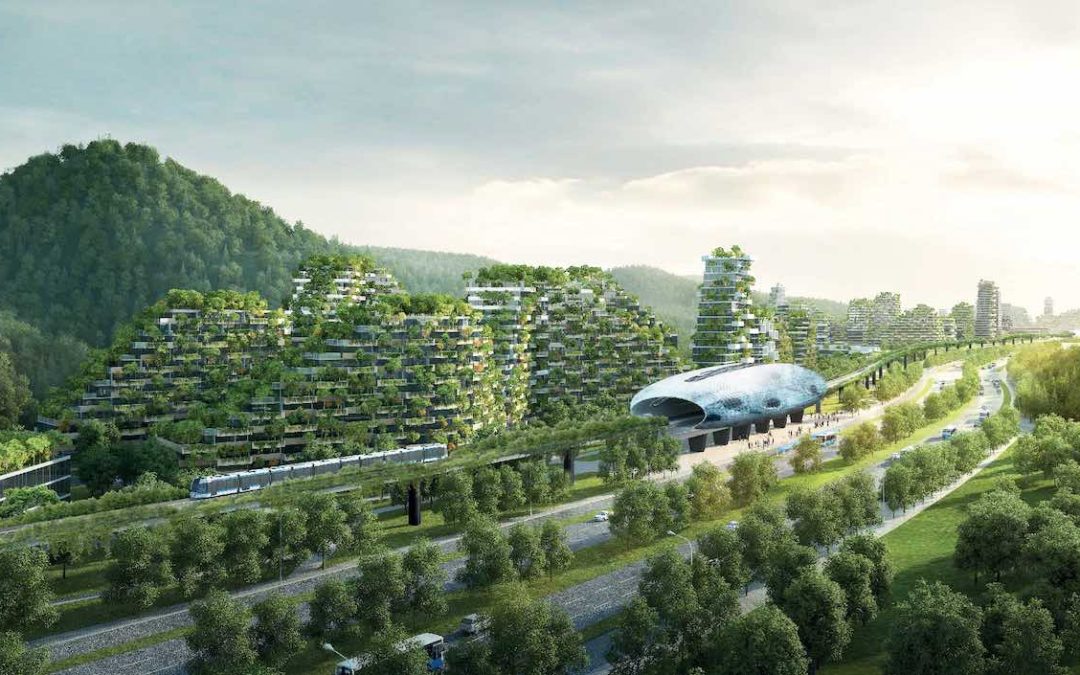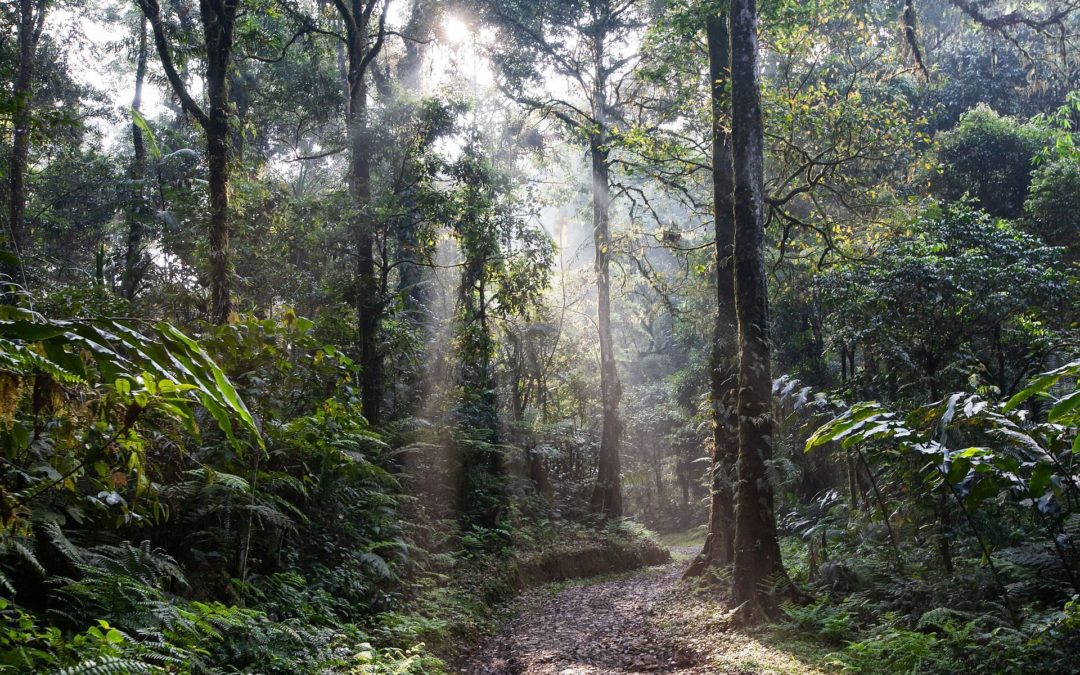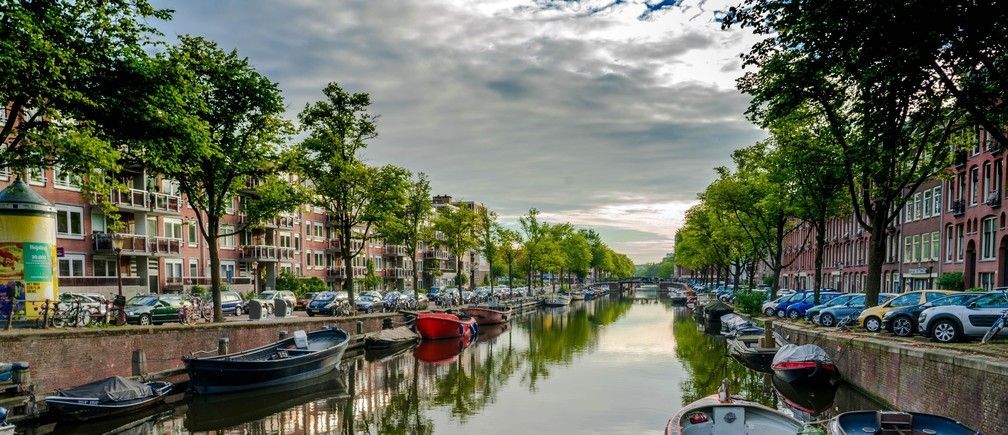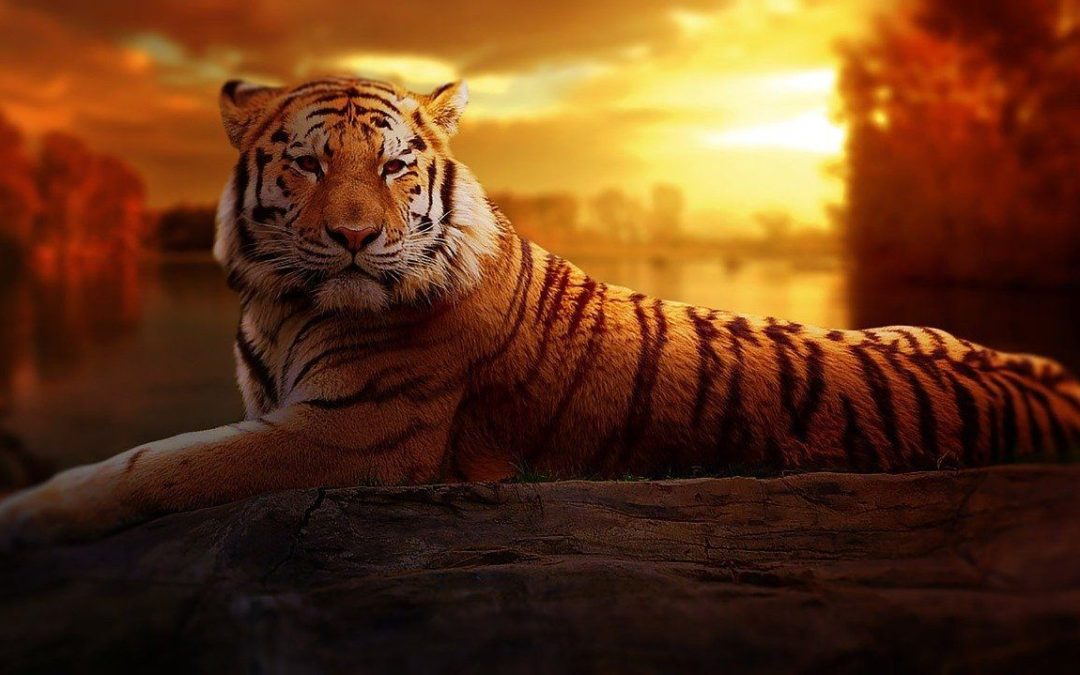
Environment


♻ Circularity is near
Resource management in the world is not sustainable, but usually contributes to CO2 emissions, toxins and great economic waste. An important part of the problem is that waste is not considered a resource. However, this is changing now, and the circular way of looking...
🌴 Small trees can save the rainforest during dry periods
Dry periods are becoming more common in the Amazon and it is the end of many large trees that are sensitive to drought. But it does not have to mean disaster for the rainforest in general. Small trees cope with the drought much better and then get the chance to grow,...
🍩 Is the world ready for doughnut economics?
Oxford economist Kate Raworth marveled at the dusty and static models and graphs that economics students are forced to learn. How could economics from the 17th and 19th centuries be applied to the current situation? What worldview do economists bring to working...
🐯 The number of tigers is increasing in five countries
The tiger is an endangered species, but development is going in the right direction right now. According to the World Wide Fund for Nature, the number of tigers in India, China, Nepal, Bhutan and Russia is increasing.It is the result of the protection measures that...

